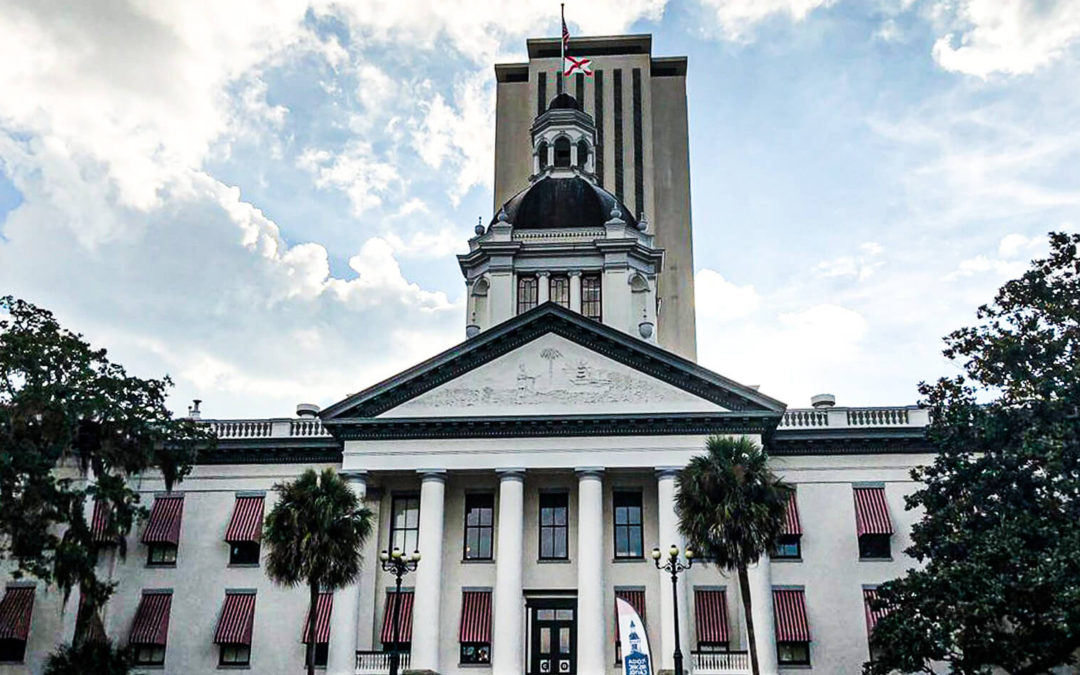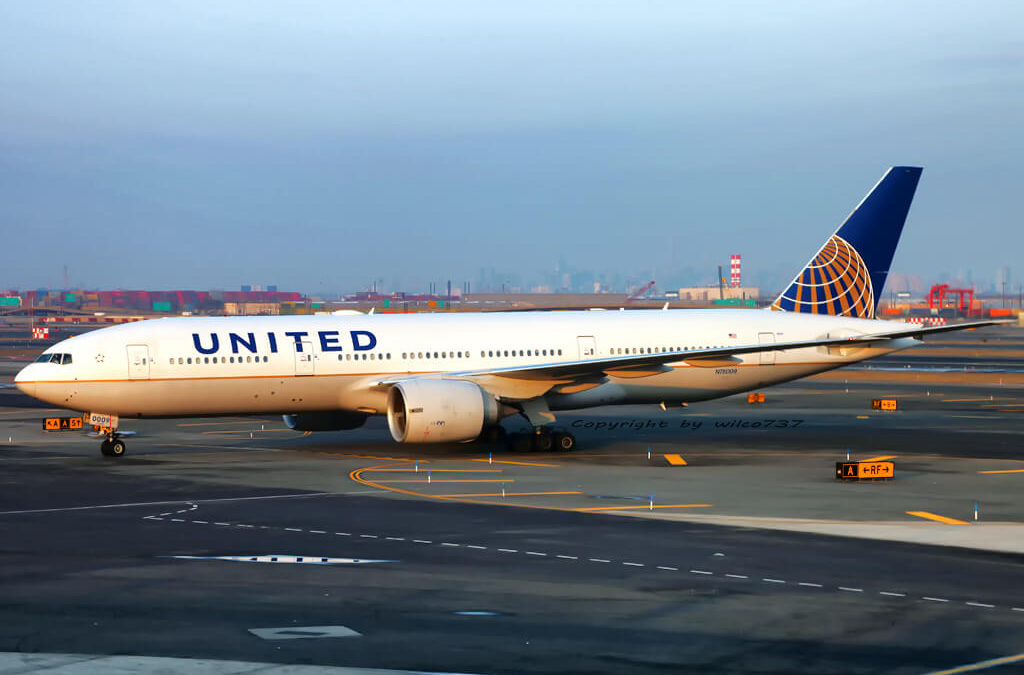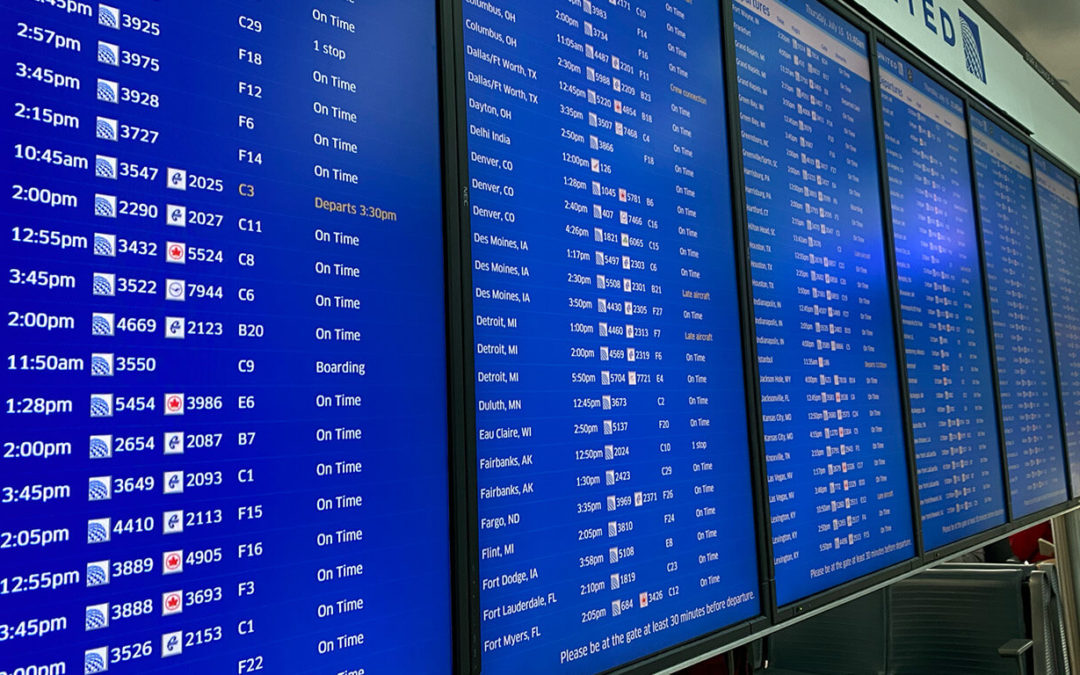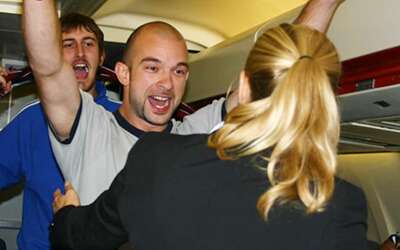
by Eric Price | May 3, 2023 | Front Page, MNPL, Other News, Row 2, United
New FAA Policies Could Ease Chaotic Summer Travel Season IAM141.org May 3, 2023 WASHINGTON, D.C. – The FAA has introduced 169 new routes along the East Coast that are more direct and will save time for passengers and fuel for airlines while increasing safety....

by Eric Price | Apr 27, 2023 | Front Page, MNPL, Other News, Row 2
Florida Bill Gives Politicians Power to Disband Unions IAM141.org April 27, 2023 Lawmakers in the Florida House have advanced a bill that would decertify teachers’ unions if they fall below a 60% membership rate within their workplaces. The bill has already...

by Eric Price | Apr 26, 2023 | Front Page, MNPL, Other News, Row 2, United
Disruptive Passenger Causes United Flight to Return to Newark IAM141.org April 26, 2023 A United flight bound for Israel was forced to turn around and return to Newark airport early Sunday morning due to a disruptive passenger. The flight, which had already been...

by Eric Price | Apr 20, 2023 | Front Page, MNPL, Other News, Perusals
Study: More Workers Demand Employers Pay at Least $76k to Start New Job IAM141.org April 20, 2023 The Federal Reserve Bank of New York has released the results of a survey that analyzed the experiences of individuals during their job search. The survey had a sample...

by Eric Price | Apr 20, 2023 | Front Page, MNPL, Other News, Row 2
New Bill Promises Living Wages and Benefits for Airport Workers IAM141.org April 20, 2023 Washington D.C.: A new proposed law called the “Good Jobs for Good Airports Act” aims to ensure airport service workers in the United States receive a living wage and...

by Ann Clifford | Apr 3, 2023 | Front Page, MNPL, Recent News, Row 2
Secretary Buttigieg Addresses Air Rage at the 2023 North American Transportation Conference IAM141.org April 3, 2023 In response to a question about the recent attacks on airline workers by disgruntled passengers, Secretary of Transportation Pete Buttigieg outlined...







